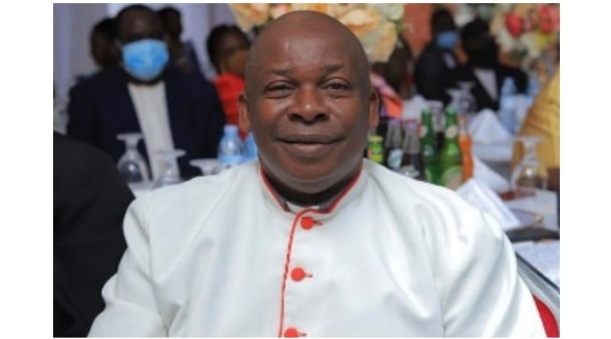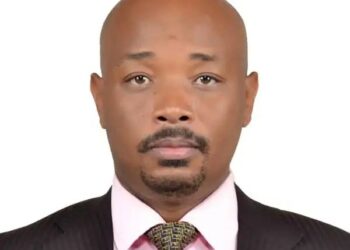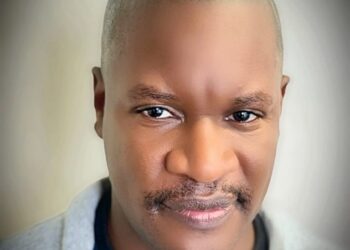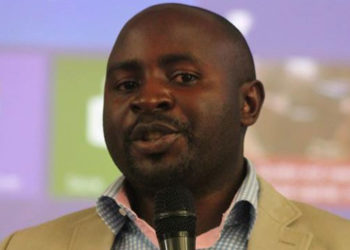By Rev. Canon Erich Kasirye
Next month, the Supreme governing body of the Church of Uganda is set to converge at Uganda Christian University, Mukono; in what is likely to be the most consequential meeting ever.
High on the agenda is to explore ways in which constitutional reform can help stem rising electoral violence during nominations of new Bishops, which is threatening to plunge the Church in one of the most threatening legal imbroglios in Uganda’s Church history.
What has particularly stung the country was the chaos and anarchy of Dioceses-Northern Uganda, Kitgum and Kigezi Dioceses where the Archbishop of the Church was embarrassingly dragged to the Courts of Law, in a spectacle which left communities wondering as to what happened to the old ecclesial forms of Church as examples of tolerance and respect for one another.
Additionally, the nasty scenes of mayhem and anarchy in Luwero Diocese last year, which dragged the entire House of Bishops to the High Court also left the already grappling Church, reeling with an irreversible self-destructive, nihilistic and eat-one’s-own mode.
Yet, the crush of approaching retirements of the Assistant Bishop of Kampala and Bishop of West Buganda in December 2024 and March 2025 respectively, adds to the daily drum beat of war –and the stakes could not be higher.
Taken together, this has raised questions as to how many conflicts shall we have to endure before Anglicans understand that even one electoral conflict is perilous enough to shatter the central flank of a unified Country?
And whether or not, the constitutional reforms expected next month can avert the ever widening stack of vicious scenes and furious fights standing in the way of the Gospel; is a question which remains very much on the cards.
The elephant in the room is Canon 3:6 of the Provincial Canons (as revised in 2018) on Nomination Committee, which experts allege to be double–faced.
While at some point, it requires members on the committee to have been elected by the Diocesan Synod, at another, it requires that the Chairperson is to appointed ‘as may be determined by the Diocesan Constitution’.
Ecclesiastical experts believe this irony is very much a recipe for mayhem during nominations.
Critics also allege that Canon 3:28 on Clergy discipline adds more salt to an already open wound. It lacks guidelines on both capability and complaint procedures and because it is largely centered on the Bishop, it fails to achieve a higher standard of professional practice among church ministers.
While accounts on violence and constitutional reform may capture headlines and frenzy media reports nationwide, questions remain as to whether or not, these accounts can also contribute to broader conversations on benchmarking sister provinces aimed at re-enforcing reliability of reforms.
For instance, the 2003 Constitutional reforms in the Church of England led to the publication of a more detailed document on the Guidelines of professional conduct of Clergy (Clergy Discipline Measure 2003) to close gaps on clergy discipline and bring more ministers to account.
The 1970s reforms in most Western provinces of the Anglican Communion (USA, Canada and England) led to the passing of laws where no nominations of new Bishops should start before the retiring Bishop has fully promulgated his ecclesiastical authority and has left the Diocese.
During this time of transition, the Anglican Church of Canada created the office of the Provincial Search and Selection Consultant (PSS) to take over the vacant Diocese and help the Province stay in the flow of information at the local level.
The 2004 reforms in Church of England led to creation of The Archbishops’ Advisers for Appointments and Vocations office which not only supports Dioceses through synod and nomination committee formulations but also runs programs on Post Electoral Defeat Syndrome (PEDS) support to calm down post electoral tensions in Dioceses.
The Provincial assembly may also want to benchmark digital bishopric elections in the Church of Denmark, as part of our commitment to the wider NDPIII (2020/21 – 2024/25) Digital Transformation program articulated in Uganda Vision 2040.
Through digitalizing Bishopric elections in 2017, Dioceses of Helsingør and Lolland-Falster washed their hands of what they cast as a nomination problem and opened the door wide for all eligible members of the Diocesan Synod to participate in the nomination exercise.
Therefore, in a given electoral season, The Provincial Digital Board (PDB) of Church of Denmark clearly outlines deadlines for the opening and closing of nominations; and warning beeps for the closing of the exercise will go out directly on phones of all eligible voters, who can immediately cast their votes directly on their gadgets.
Digitalizing bishopric nominations not only provides a suitable information base against which the province can monitor progress in electoral process, it is also opportunity for Church of Uganda to strengthen the implementation of enabling national policies on Uganda’s Digital Revolution.
AUTHOR
Rev. Canon Erich Kasirye,
CHAPLAIN, KAMPALA CAPITAL CITY AUTHORITY
Do you have a story in your community or an opinion to share with us: Email us at editorial@watchdoguganda.com













